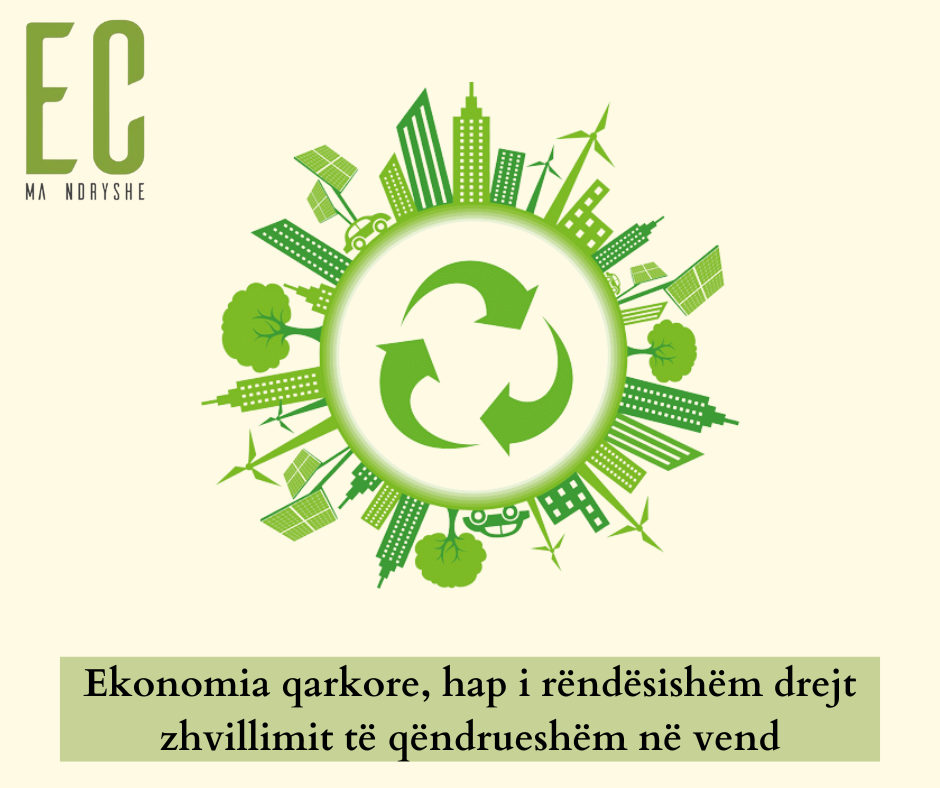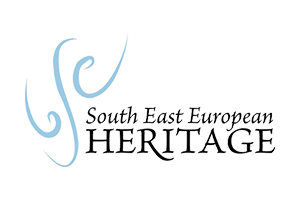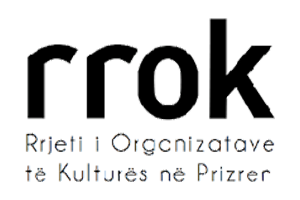Circular economy, an important step towards sustainable development in the country

The circular economy is a system that has gained great popularity among businesses and governments in recent years around the world. This is a new term in Kosovo as well, which is being applied more by NGOs, thus serving as an economic model that ensures creativity, innovation, generates new jobs and ensures environmental protection.
This economic system is about offering an alternative that opposes for good the linear economy, which is based on the Production-Consumption-Disposal principle, turning it into a more sustainable economic system where the focus is on designing products with a regenerative and restorative approach to the production and consumption system, with a focus on the Production-Consumption-Reuse principle.
The linear economic system dating back hundreds of years is no longer so sustainable in the face of continuous overcrowding and dwindling resources and is leading us towards environmental degradation and impact on social well-being. We see the consequences of such an economic model and waste management in the Balkans as well, as in rivers polluted with plastic, fields and forests turned into illegal landfills, losses in biodiversity, air pollution, etc.
Therefore, the regional economic system is built from seven pillars based on sustainability, impartiality and transparency where according to it; materials must be circulated with high and continuous value, energy must be based on renewable sources, the situation with biodiversity must be supported and improved, society and culture must be preserved, the health and well-being of people and other species must be preserved, the addition of social values continues and that water resources are managed in a sustainable manner.
According to the 2021 Circularity Gap Report, the global economy is only 8.6% circular and sets an ambitious target of becoming around 17% by 2030, targeting sectors with high potential for change. (https://bit.ly/3JIKEvc).
Despite this, our country is still working in this aspect, where according to a research carried out in 2019 by KosovaLive, the lack of knowledge of the citizens on the term "Circular Economy" is highlighted, where 60% of the respondents had not heard it before for the term "Circular Economy". (https://bit.ly/3zY6rvR).
The awareness of the citizens is again the smallest problem analyzing the economic system in the country. This is said because in many researches that the EC has carried out with the citizens of Prizren, it is said that they are informed about environmental problems, but the weak economy and the lack of a stable system are making it more difficult for them to prioritize issues related to environment.
In Kosovo, there is a large lack of waste classification and recycling, plastic in particular is one of the main problems, where according to the data of the Kosovo Customs, for the last 3 years, nearly 366 million kilograms of plastic products have been imported, which cost about 662 million euros. According to this data from Kosovo Customs, over 63 million kilograms of plastic products have been exported in the last three years. (https://bit.ly/3OZxlaM).
To have a circular economy, we need modern waste management (separation of paper, metals, plastics, glass and biological waste). As for recycling, a research states that German citizens are one of the five main producers of household waste, but at the same time they also recycle up to 49.5% of the products they use, ranking behind them are also Slovenian citizens, who recycle up to 42.5% of the products they use. (https://bit.ly/3SzoEXT).
We have very few such recycling services or investments in the country, for example in the Business Park in Drenas, there is the company "Plastika", the first in Kosovo to recycle foil and plastic waste as raw material for production he spoke about construction.
The Ministry of Environment, Spatial Planning and Infrastructure (MMPHI) is also working on this part in a slightly different form, where according to Deputy Minister Linda Çavdarbasha, for the reduction of single-use plastic bags, this ministry has formed a working group where all stakeholders and during this year the whole process will be completed, so that implementation can start from 2023. She also emphasized that plastic bags will be made for a fee (this price will be determined by the research that is being carried out ). In addition to the initiative to reduce plastic bags, MMPHI in collaboration with GIZ is also working on the Deposit Refund System project, which will include the recycling of three categories of waste: glass bottles, plastic bottles plastic and cans.
Regarding this issue, it is worth noting that it is very important to promote and invest as much as possible in the implementation of the waste hierarchy, as a tool that is used in many countries to evaluate processes that protect the environment in addition to the consumption of resources and energy from the most favorable to the least favorable actions for citizens.
Also, investments in solar panels as renewable energy are very important, since in Kosovo currently only 5% of electricity is produced from renewable sources, while 95% from coal and lignite power plants, which are considered major polluters the environment. Kosovo has many untapped opportunities for energy production, especially from the sun and wind, but it is still far from meeting the goals for clean energy production.
As for this part, the government at the beginning of the year opened the way for the "Solar Kosova" project, an investment that, according to the statement of Prime Minister Albin Kurti, will be one of the largest solar power plants in Europe, and that the heating system of It will add about 70 MW of capacity to Prishtina, thus connecting the new neighborhoods with the system that aims to distribute heat from the solar thermal system to the central heating network where 12 thousand families or 60 thousand people will be connected. This project, among others, includes the construction of solar collectors of approximately 69,000 m2. (https://bit.ly/3Q66Z8r).
Such investments, in addition to preventing environmental problems, are also having a positive effect on the economy in the country, so it is recommended that they be increased in number, but they must first be determined by environmental assessments and carried out according to the established standards, since not every time such investments are appropriate and may have negative effects.
There is also a need for improvements in the current legal framework in order to increase the country's ability to better utilize its resources and the life cycle of materials, products and services. Addressing the circular economy only through waste management issues shows that its concept is still in its early stages.
At the same time, it is recommended that local businesses also take examples from similar cases in the EU countries, in order to start transforming their production process as soon as possible, in order to move as quickly as possible towards the development of the circular economy in place.




